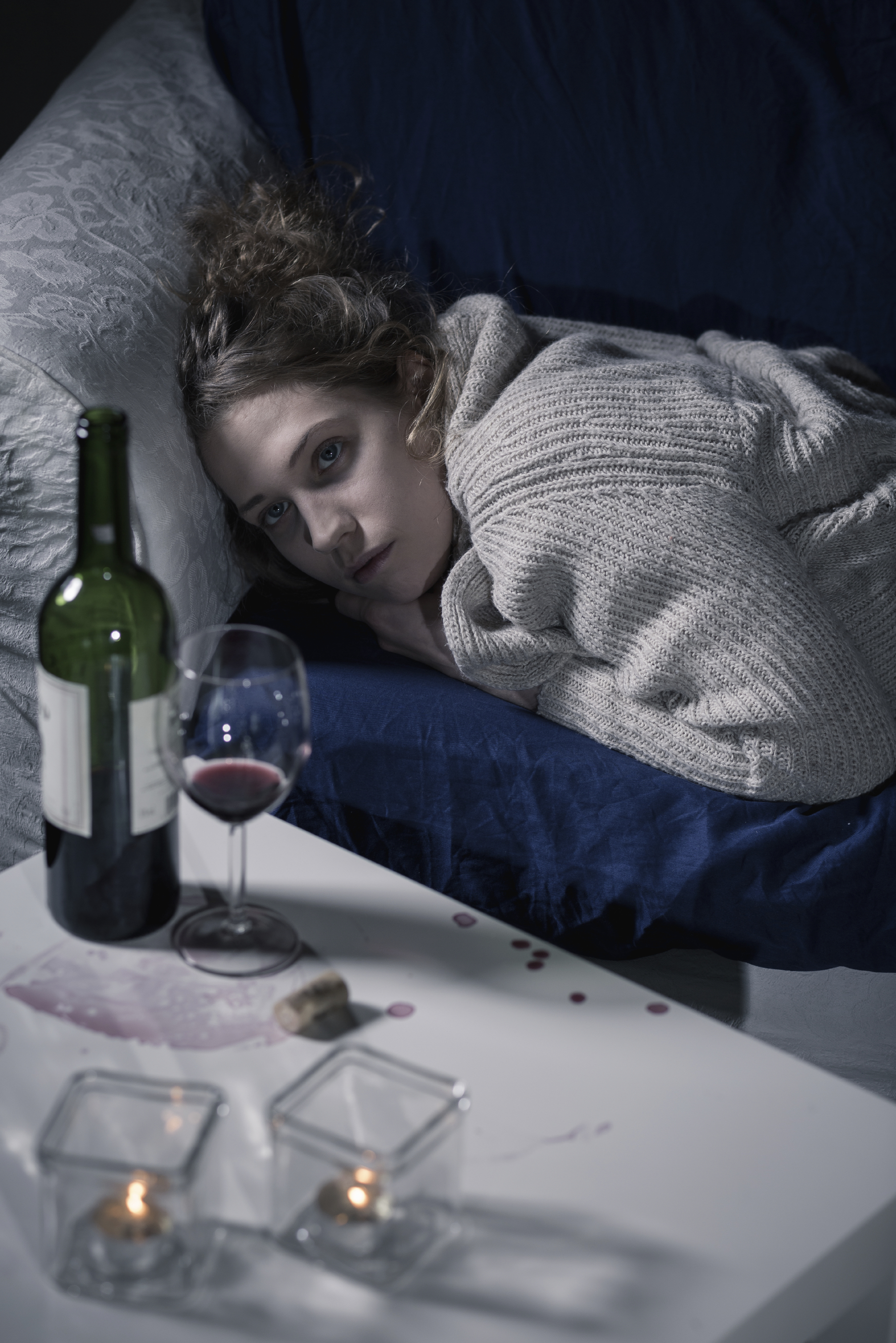The Connection Between Depression and Alcoholism

(This content is being used for illustrative purposes only; any person depicted in the content is a model)
Depression and alcoholism together are a destructive combination. Unfortunately, the two are commonly intertwined with one another. Nearly one-quarter of alcohol-dependent men and close to half of alcohol-dependent women also have a concurrent diagnosis of depression. Researchers wanted to explain the association these two symptoms had with one another. The interesting part about the two symptoms is that often a person will abuse alcohol and develop depression symptoms. On the other hand, often a person with pre-existing depression will use alcohol to alleviate those symptoms.
There is a variety of research confirming that many people will depression use alcohol to cope with the adverse effects or decreased mood. Over time, the depressed person finds themselves becoming dependent on alcohol because they have not sought treatment for their depression. Also important to mention is that depression is very much a genetic disorder. If a member of the family struggles with depression, it is more likely that another family member will endure it as well.
Changes to Brain Chemistry
The danger of abusing alcohol relates to the delicate balance of chemicals and processes naturally found in the average healthy brain. Alcohol is a depressant, which means it is a substance that affects our thoughts, feelings, and action. Over time, alcohol abuse can alter the neurotransmitters in our brain that help to transmit signals from one nerve in the brain to another.
When most people drink, they feel an instant feeling of relaxation. This is due to the chemical changes alcohol creates in the mind. Drinking can boost confidence, and lower our inhibitions. However, excessive alcohol consumption negatively affects the brain. Eventually, a negative emotional response will take over. This explains the feelings of anger, aggressiveness, and depression that often occurs after drinking.
Alcohol Can make Anxiety and Stress Worse
Drinking to reduce stress and depression symptoms may seem like a good idea, but it is not. Alcohol can cause feelings of anxiety and stress to become worse. The occasional glass of alcohol can be okay for the average healthy individual, but for those who struggle with alcoholism, it can be very dangerous.
If you find yourself using drinking as a way to cope and handle unpleasant feelings, it is crucial that you reach out to a medical professional and educate yourself about your treatment options. Many people find it difficult to manage stress and balance emotions on their own. There are a variety of medications and treatments that can be used to help someone struggling to control their emotions better.
Alcohol depression is a vicious cycle. Regular drinking lowers levels of serotonin; a chemical meant to regulate your mood. A study out of Britain revealed that people who have anxiety and depression are more likely to abuse alcohol. As tempting as it may be to relieve your anxiety through drinking, take a step back and think it over. Is it really worth it?
Heavy drinking affects your relationships with friends, family, and your partners. Alcohol abuse can cause problems at work. All of these problems cause by alcohol can make depression even worse. The good news is that dual diagnosis treatment is commonly available at treatment centers. Dual diagnosis treatment is effective because it works to address more than just the addiction. It finds a way to work on addressing both issues.
Depression and anxiety often go hand in hand together. However, there is hope. There are many treatment options available to those who need it. The first step is making that phone call. If you or someone you love is struggling with substance abuse or addiction, please call toll-free 1-800-777-9588.
